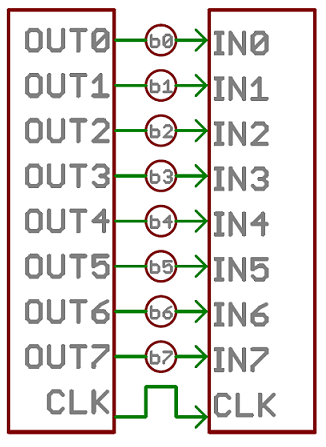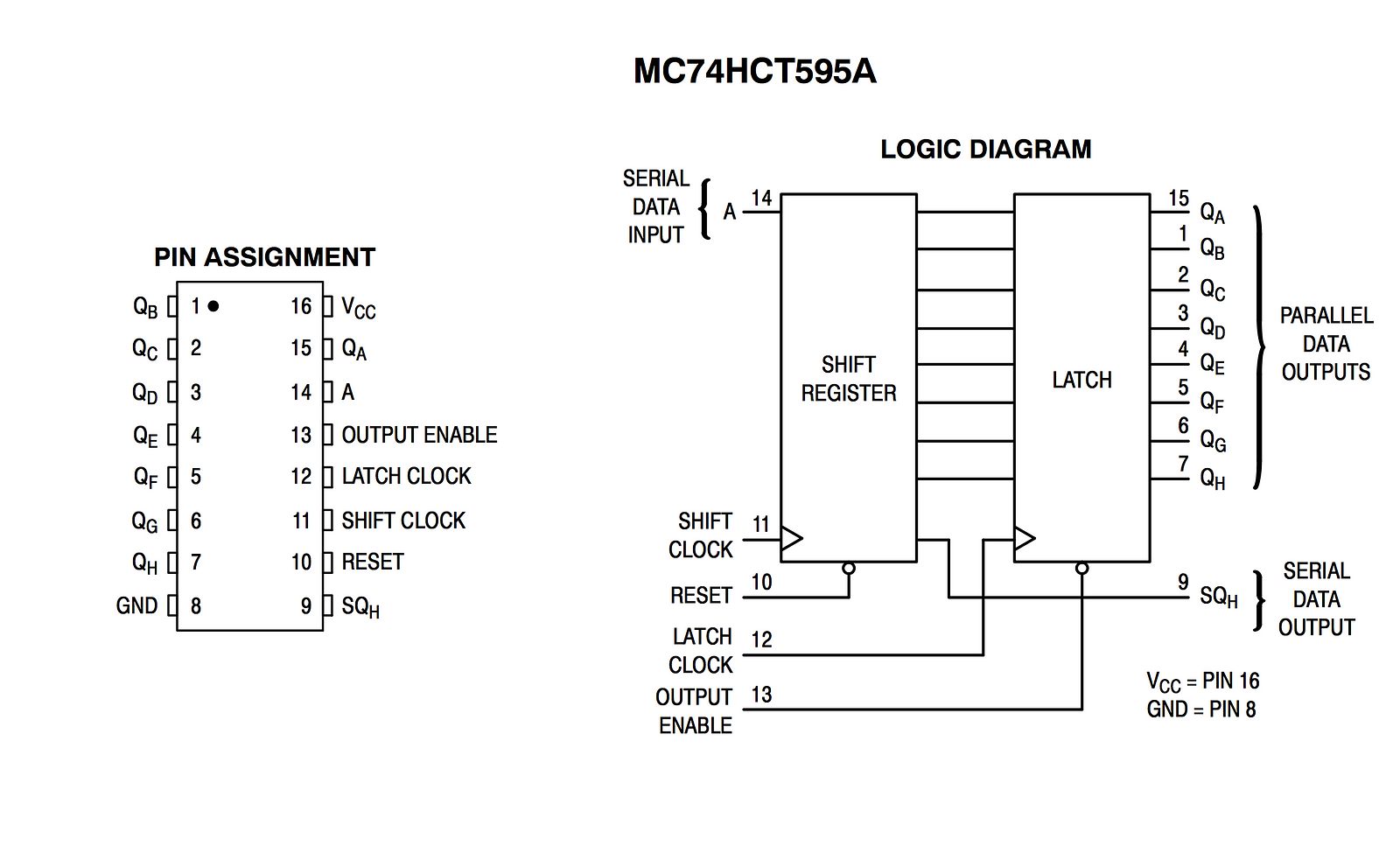
- 8 BIT DOUBLE BUFFERED PARALLEL TO SERIAL CONVERTER HOW TO
- 8 BIT DOUBLE BUFFERED PARALLEL TO SERIAL CONVERTER SERIAL
The fastest I can get it through USB/serial is about 14KB/s using a baud of 115200. That's 400Kbps!!! Quite simply you're not going to get that out of the Mega's UART with the stock 16MHz crystal, and even if you could, the AVR doing USB-serial only knows standard baud rates, so you'll need to hack up that firmware as well. I need to transfer data from my computer to my Mega at around 50KB/s I'll try to make a separate post about the final method later. I've hit around 40 KB/s without very careful tuning.
8 BIT DOUBLE BUFFERED PARALLEL TO SERIAL CONVERTER HOW TO
Question: Do you think this could work? Has this already been done? Is anyone else interested in such a protocol?ĮDIT: If anyone sees this, I should say that I've figured out how to do it and it works wonderfully. I'm also comfortable writing up my own lightweight communication protocol for this method if necessary (handshaking, checksums, etc).
8 BIT DOUBLE BUFFERED PARALLEL TO SERIAL CONVERTER SERIAL
I already have the hardware to turn the serial USB data into stripped down data bytes at a rate faster than the Mega could do it. Real overhead would drastically reduce this, but I'm hoping it would stay above the target 50KB/s. If all you wanted to do was read in data and throw it away (zero overhead), I estimate you could 'read' in data at almost 5MB/s. This way, for every 8 bits sent quickly by the computer, the Mega only needs to do a single read that takes maybe two or three clock cycles. OneByteOfData = PINA // digital read on all pins of port A simultaneously If these 8 lines are connected in order to the same internal register, then the Mega can store the values with a single instruction as such (using fast alternative to digitalRead): DDRA = 0x00 // set all pins of port A to input Use a shift register (or similar, with appropriate assisting hardware) to take 8 bits of serial data and route them to 8 different pins of the Mega. Solution: Instead of using serial communication, turn the serial USB data into parallel data that can be read in faster. My computer can spit out data at USB2.0 speeds if necessary, but the Arduino is of course far from being able to keep up. The data corruption rate is also a little too high with this method (maybe 0.3%, need it to be more like 0.01%). Problem: I need to transfer data from my computer to my Mega at around 50KB/s.


I'm in a time crunch, so any advice would be greatly appreciated. I wanted to write out my idea and see if anyone here has tried it or heard anything about it. Hi all, I've been having some issues with serial communication between my computer and an Arduino Mega and decided it was time for a different approach.


 0 kommentar(er)
0 kommentar(er)
